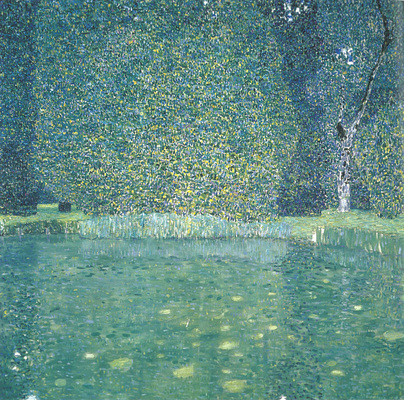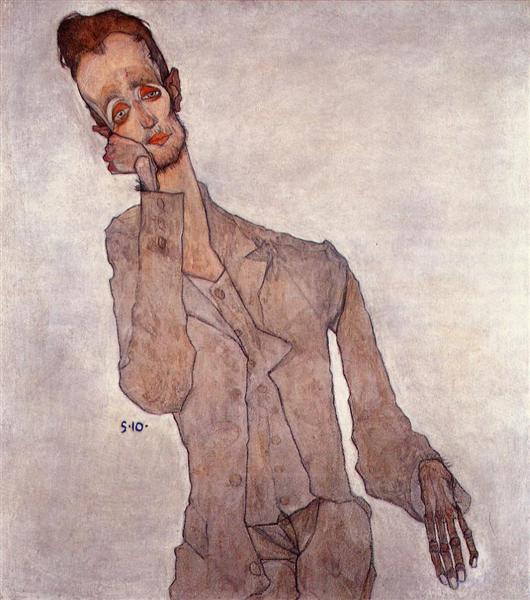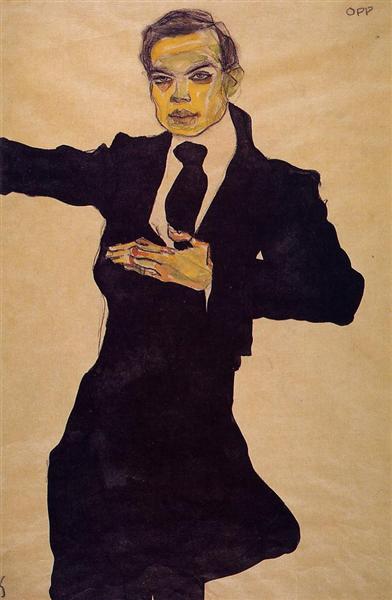Neue Galerie New York
June 28–September 3, 2018
Gustav Klimt (1862-1918) and Egon Schiele (1890-1918) are two of the greatest artists Austria produced in the early twentieth century. Although born nearly thirty years apart, both tragically died in 1918—the same year that the Austro-Hungarian Empire ceased to exist following its defeat in World War I. Over the intervening century, the works of Klimt and Schiele have come to define the fertile creativity that marked the so-called “joyous apocalypse,” an apt term used to connote the waning days of Habsburg rule.
This show pays tribute to the groundbreaking achievements of Klimt and Schiele, two masterful artists who are key figures in the collection of the Neue Galerie New York.


Egon Schiele (1890-1918)
Town among Greenery (The Old City III), 1917
Oil on panel
Neue Galerie New York
In memory of Otto and Marguerite Manley, given as a bequest from the Estate of Marguerite Manley
 Gustav Klimt (1862–1918), The Dancer (detail), 1916–17 (unfinished). Oil on canvas. Private Collection. |
Also among the works by Klimt in the exhibition are

Adele Bloch-Bauer I (1907),

Park at Kammer Castle (1909),

Adele Bloch-Bauer II (1914),

Forester’s House in Weissenbach II (Garden) (1914),

and The Dancer (1916-17).
Masterworks by Schiele include

Portrait of the Painter Karl Zakovšek (1910),

Self-Portrait with Arm Twisted above Head (1910),

Portrait of the Painter Max Oppenheimer (1910),

and Friendship (1913).